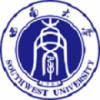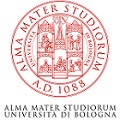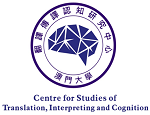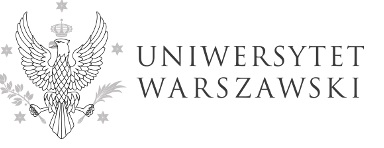Most human beings can be said to have attained a certain degree of bilingualism, and many of them are able to naturally translate simple language samples. From a cognitive perspective, translating seems an extension of monolingual linguistic and communicative abilities. Multiple perspectivization and paraphrasing, which are sustained by human, possibly innate capabilities such as abstracting and comparing, seem to be the basic features which allow people to translate. Fostered by the acquisition of literacy, bilinguals develop their metalinguistic awareness beyond usual levels, and in such a way that it has an impact on their cognitive development. This, in turn, improves their per¬formance and results when translating or interpreting in tasks such as language brokering and other forms of paraprofessional translating. On the other hand, expert interpreting and translating tends to demand further cognitive adaptations to successfully perform professional tasks that natural translators have not developed. This perspective may shed light on some possibilities to improve the formal training of translators and interpreters.










































